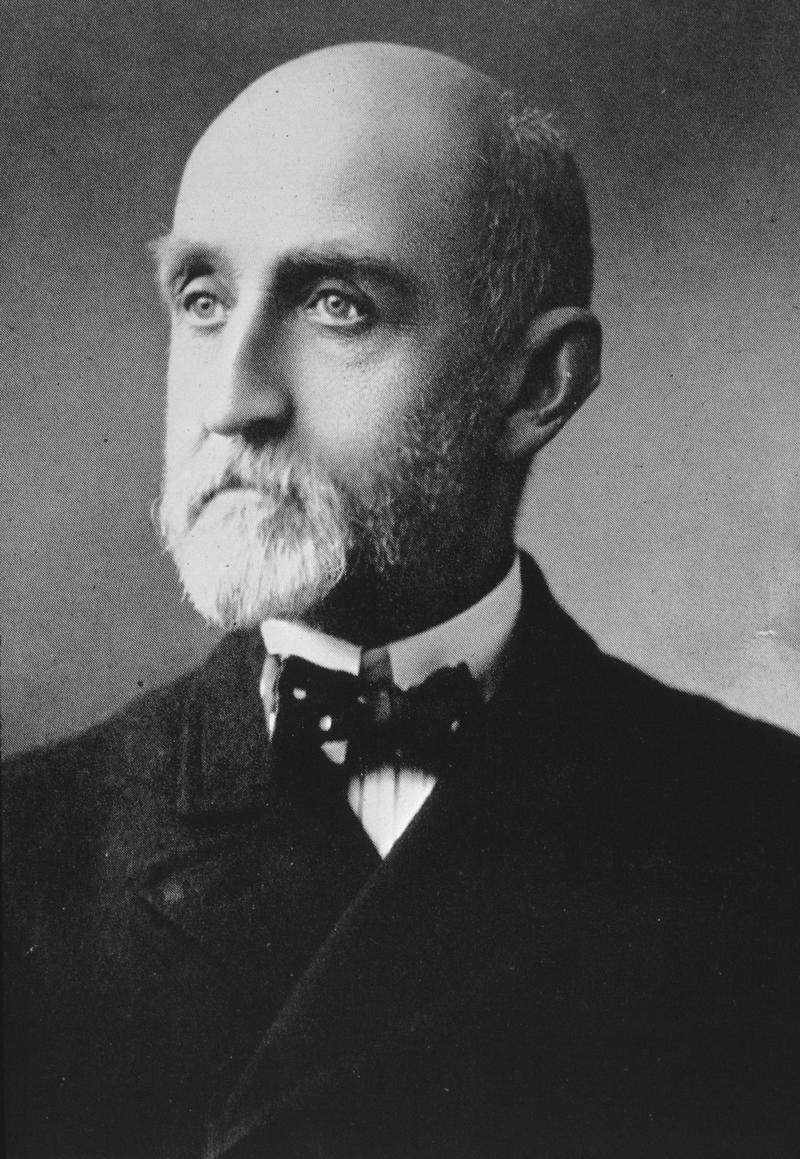Alfred T. Mahan
| Alfred Thayer Mahan | |
|---|---|
 |
|
| Born |
September 27, 1840 West Point, New York, U.S. |
| Died | December 1, 1914 (aged 74) Washington, D.C., U.S. |
| Allegiance | |
| Service/branch | |
| Years of service | 1859–96 |
| Rank |
|
| Commands held | USS Chicago |
| Battles/wars | American Civil War |
| Signature | |
Alfred Thayer Mahan [məˈhæn] (September 27, 1840 – December 1, 1914) was a United States naval officer and historian, whom John Keegan called "the most important American strategist of the nineteenth century." His book the The Influence of Sea Power Upon History, 1660–1783 (1890) won immediate recognition, especially in Europe, and with its successor, The Influence of Sea Power Upon the French Revolution and Empire, 1793-1812 (1892), made him world-famous and perhaps the most influential American author of the nineteenth century.
Mahan was born on September 27, 1840, at West Point, New York, to Dennis Hart Mahan (a professor at the United States Military Academy) and Mary Helena Okill Mahan (27 February 1815 – 8 March 1893), daughter of John Okill and Mary Jay (daughter of Sir James Jay). Mahan's middle name honors "the father of West Point", Sylvanus Thayer. Mahan attended Saint James School, an Episcopal college preparatory academy in western Maryland. He then studied at Columbia for two years, where he was a member of the Philolexian Society debating club. Against the better judgment of his father, Mahan then entered the Naval Academy, where he graduated second in his class in 1859.
...
Wikipedia
